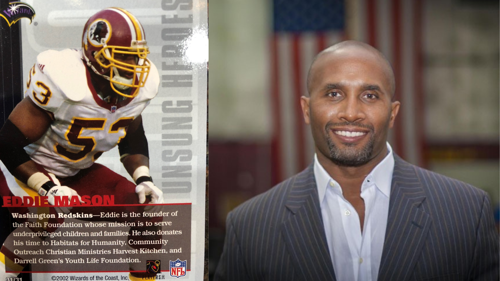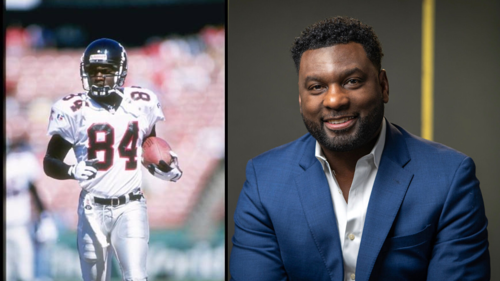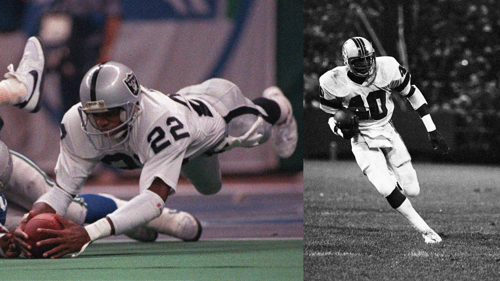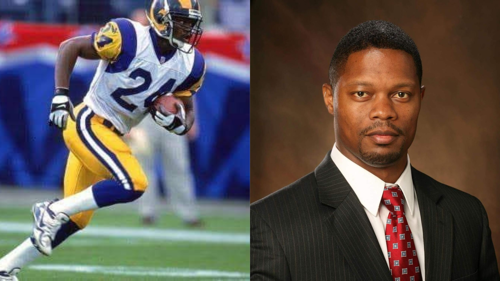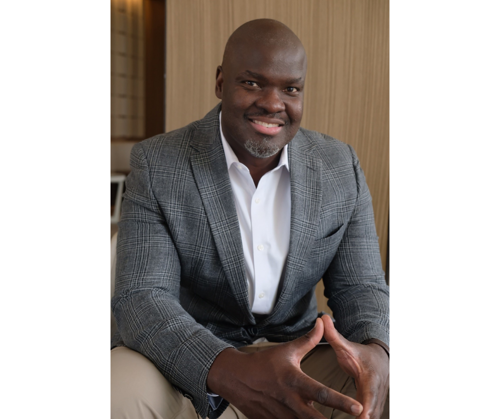
The Transition Coach program uses a peer-to-peer model that leverages the experience of NFL Legends who have already made the transition out of the NFL.
NFL players encounter a variety of challenges when navigating the transition to life after the game. The changes can happen quickly, making it difficult for players to prepare for what lies ahead.
Leaving the NFL isn’t just a career change; it’s a profound shift that can lead to a loss of identity, connection, and support. The future can appear uncertain for players who have dedicated their lives to reaching the NFL. They become accustomed to a strict schedule, intense training, and dietary discipline aimed at reaching specific goals. The absence of this structure can present challenges as they seek to redefine themselves and chart new career paths.
The transition can also lead to other challenges including financial stress and relationship conflicts. With football no longer at the forefront, redirecting existing skills, developing new skills, and discovering untapped strengths becomes the focus.
To assist players, the NFL’s Transition Coach program uses a peer-to-peer model that leverages the experience of NFL Legends who have already made the transition. NFL Total Wellness equips Transition Coaches with at least 70 hours of training that prepares them to assist players with the change. The training focuses on four primary domains: personal development, skill development, crisis intervention and trauma, and psychoeducation. Topics covered include, but are not limited to managing boundaries, conflict resolution, effective communication, substance use, and trauma-informed care.
In the coming months, you’ll meet some of our transition coaches and hear about their experiences and insights.
